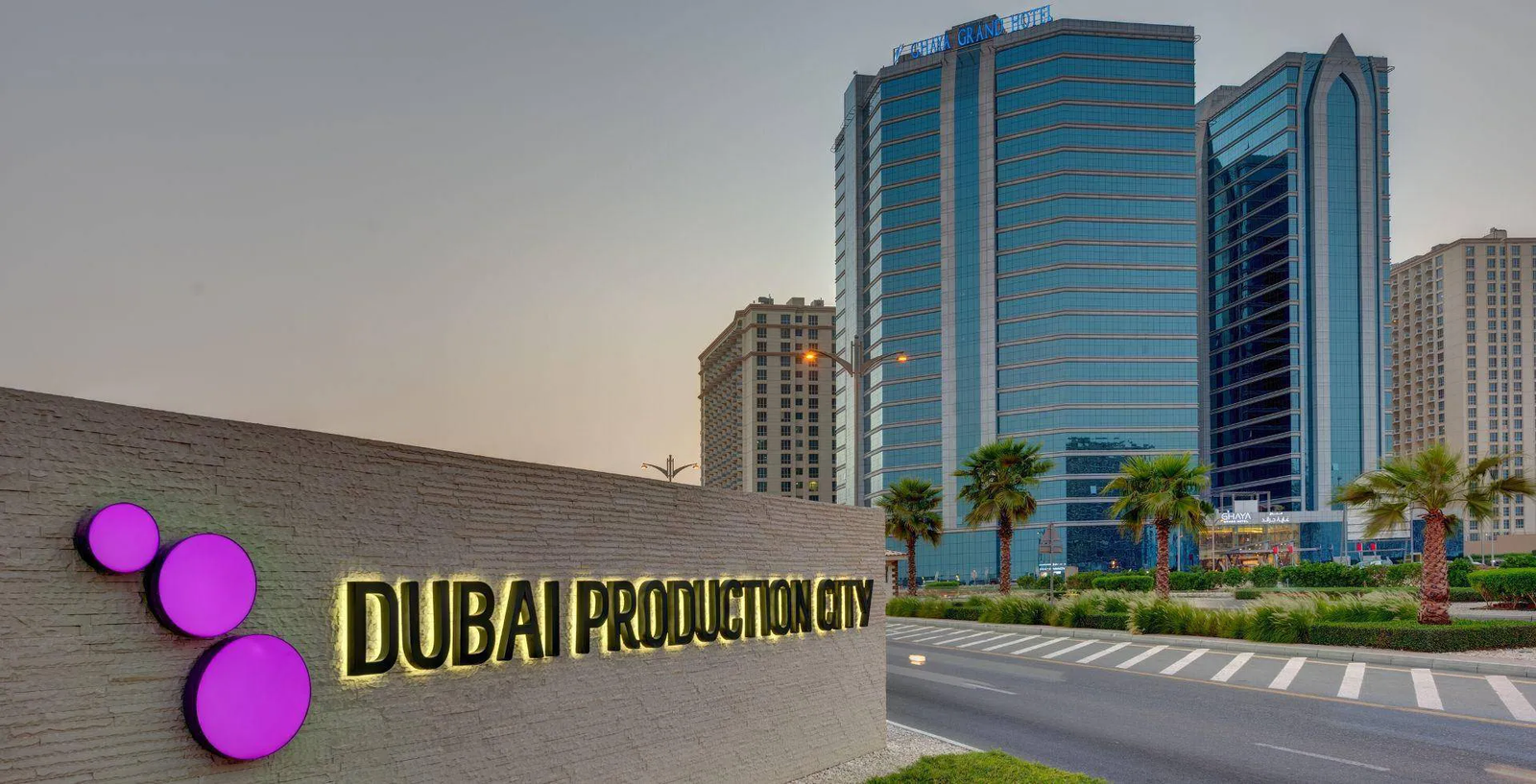Now Reading: How Forbes Real Estate Changemakers Are Rewriting Property Success
-
01
How Forbes Real Estate Changemakers Are Rewriting Property Success
How Forbes Real Estate Changemakers Are Rewriting Property Success

Table of Contents
The real estate industry has always been driven by ambition, innovation, and vision. But in recent years, a fresh wave of leaders is transforming the sector, using technology, sustainable development, and new investment strategies. Recognized by Forbes, these “Real Estate Changemakers” are not just building properties they’re building the future.
Each year, Forbes highlights individuals and companies in real estate who are rewriting the rules. These changemakers are not confined to luxury developers or big investment firms; they include young founders, tech entrepreneurs, and ESG-driven CEOs who are challenging outdated norms in property development, brokerage, and design. The “Forbes Real Estate Changemaker” title has become one of the most coveted recognitions in the global real estate world.
What Does It Mean to Be a Forbes Real Estate Changemaker?

To make it to Forbes’ coveted list, it’s not enough to close big deals or construct massive buildings. Forbes looks for innovation, measurable impact, and future-focused leadership. These individuals often:
- Introduce disruptive technologies (like AI in real estate analytics or VR-powered property viewings),
- Focus on sustainable or net-zero buildings,
- Create new models of affordable housing,
- Or drive diversity and inclusion within their companies and communities.
The title “Real Estate Changemaker” is a signal of forward momentum. These leaders are known for embracing digital transformation, navigating difficult markets like the post-pandemic slump, and understanding new buyer behavior.
Tech-Driven Disruption: A Common Theme
Technology is the heartbeat of many Forbes-recognized changemakers. One notable example is how PropTech has reshaped buyer experiences. Tools like automated valuation models (AVMs), blockchain-powered smart contracts, and AI chatbots have streamlined operations and removed friction in transactions.
For example, some Forbes changemakers are behind platforms that allow real estate agents to offer clients 360-degree virtual tours from their smartphones. Others have launched startups that use data to identify untapped investment zones based on urban migration trends, infrastructure planning, or economic changes.
Forbes is also spotlighting those who integrate smart home features and sustainability in development. Green buildings, once niche, are now becoming the standard thanks to the efforts of changemakers who prioritize energy-efficient designs and environmentally conscious construction practices.
Women and Minorities Shaping the Market
A refreshing shift has occurred in the last few years real estate is no longer seen as an exclusive club dominated by a particular group. Forbes is bringing attention to female founders, Black-owned development firms, and leaders from underrepresented communities.
Take, for example, changemakers who have launched inclusive housing projects in inner cities, or platforms designed to help first-time minority homebuyers navigate the buying process. These leaders are not just generating profit—they’re closing gaps in housing access and economic opportunity.
This push toward inclusivity is aligned with larger global conversations around equity, fairness, and long-term community investment. Forbes changemakers are proving that diversity is not just good ethics—it’s good business.
Changing the Face of Urban Development
Real estate changemakers are also influencing how cities evolve. With urban populations growing, the need for innovative city planning has never been more urgent. Changemakers are responding with mixed-use developments, smart zoning ideas, and reimagined urban spaces that prioritize people over traffic.
For instance, changemakers have reworked outdated office parks into walkable, sustainable communities featuring green rooftops, co-working hubs, and family-friendly spaces. These projects are often backed by public-private partnerships, showcasing how collaboration drives success in real estate transformation.
In response to remote work, changemakers have started converting vacant commercial buildings into flexible living and working spaces. This not only prevents real estate loss but also revitalizes neglected neighborhoods.
The Investment Shift: From Traditional to Trend-Smart
The new class of Forbes real estate leaders also thinks differently when it comes to investment. Traditional models focused mostly on long-term capital appreciation are now being challenged by creative investment methods, like fractional ownership and real estate crowdfunding.
Real estate changemakers are helping democratize property ownership. Platforms now allow users to invest as little as $100 into property portfolios, giving middle-income individuals a chance to earn rental income and benefit from asset appreciation.
There’s also a noticeable shift toward impact investing where returns are measured not just in money but in social value. Changemakers are leading development projects that include social housing, healthcare access, and green public spaces.
Why the Forbes Changemaker Recognition Matters
Being listed as a Forbes Real Estate Changemaker is more than just a headline it’s a badge of credibility and trust in an industry that often moves slowly. It tells investors, buyers, and peers that these individuals are shaping the next decade of property trends.
More importantly, it acts as a motivator for the industry as a whole. The recognition inspires more developers, agents, and investors to pursue bold ideas, break outdated traditions, and put people and the planet at the center of their plans.
Looking Ahead: The Future of Real Estate Is Now

With economic uncertainty, environmental concerns, and changing demographics, the future of real estate will not be shaped by tradition but by innovation. The changemakers featured by Forbes represent not just where the industry is going, but where it should go.
From smart city visionaries to startup founders reshaping affordability, these professionals are setting new standards that others are now rushing to follow. Whether it’s through AI, sustainability, or inclusive development, Forbes Real Estate Changemakers are leaving their mark in a big way.
And if the current trends are anything to go by, next year’s changemakers will be even bolder.
Conclusion
In a time of rapid transformation, the real estate industry needs visionaries who challenge the norm. The Forbes Real Estate Changemaker list does exactly that it identifies the risk-takers, innovators, and socially responsible leaders who are shaping the spaces we live and work in.
They are not only making headlines; they are building the future.
Read More:- Shobha Realty Launches Its Most Luxurious Project Yet—Full Details Inside 2025






















